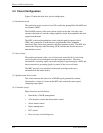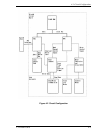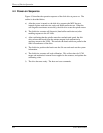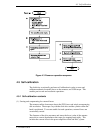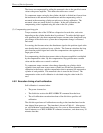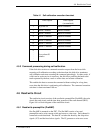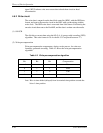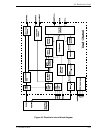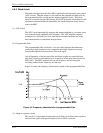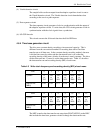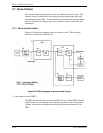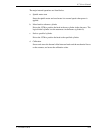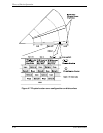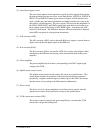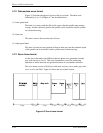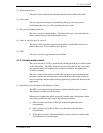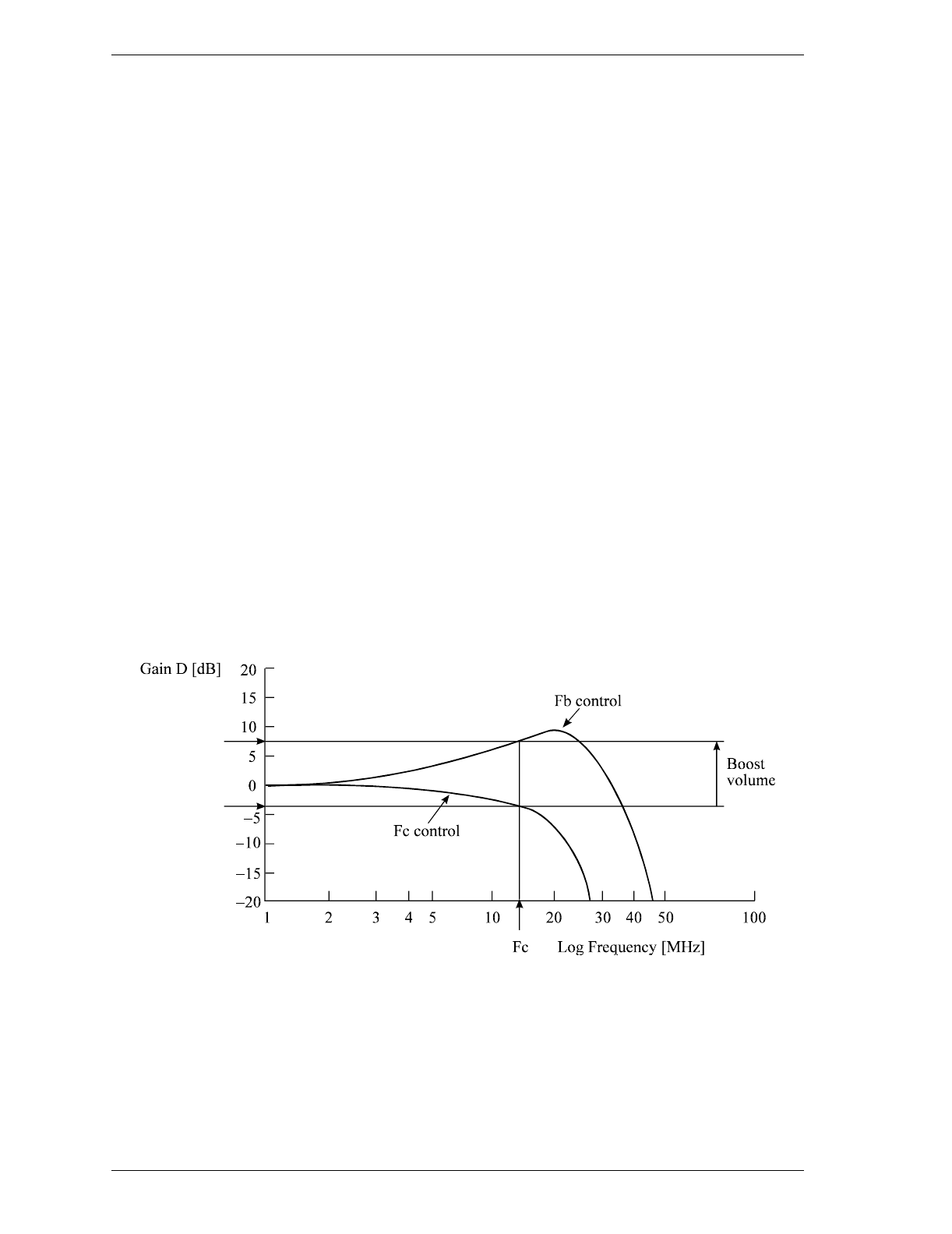
Theory of Device Operation
4-12 C141-E042-01EN
4.6.3 Read circuit
The head read signal from the PreAMP is regulated by the automatic gain control
(AGC) circuit. Then the output is converted into the sampled read data pulse by
the programmable filter circuit and the adaptive equalizer circuit. This clock
signal is converted into the NRZ data by the 8/9 GCR decoder circuit based on the
read data maximum-likelihood-detected by the Viterbi detection circuit, then is
sent to the HDC.
(1) AGC circuit
The AGC circuit automatically regulates the output amplitude to a constant value
even when the input amplitude level fluctuates. The AGC amplifier output is
maintained at a constant level even when the head output fluctuates due to the
head characteristics or outer/inner head positions.
(2) Programmable filter
The programmable filter circuit has a low-pass filter function that eliminates
unnecessary high frequency noise component and a high frequency boost-up
function that equalizes the waveform of the read signal.
Cut-off frequency of the low-pass filter and boost-up gain are controlled from
each DAC circuit in read channel by an instruction of the serial data signal from
MPU (M5). The MPU optimizes the cut-off frequency and boost-up gain
according to the transfer frequency of each zone.
Figure 4.5 shows the frequency characteristic sample of the programmalbe filter.
Figure 4.5 Frequency characteristic of programmable filter
(3) Adaptive equalizer circuit
This circuit is 3-tap sampled analog transversal filter circuit that cosine-equalizes
the head read signal to the partial response class 4 (PR4) waveform.
-3 dB



